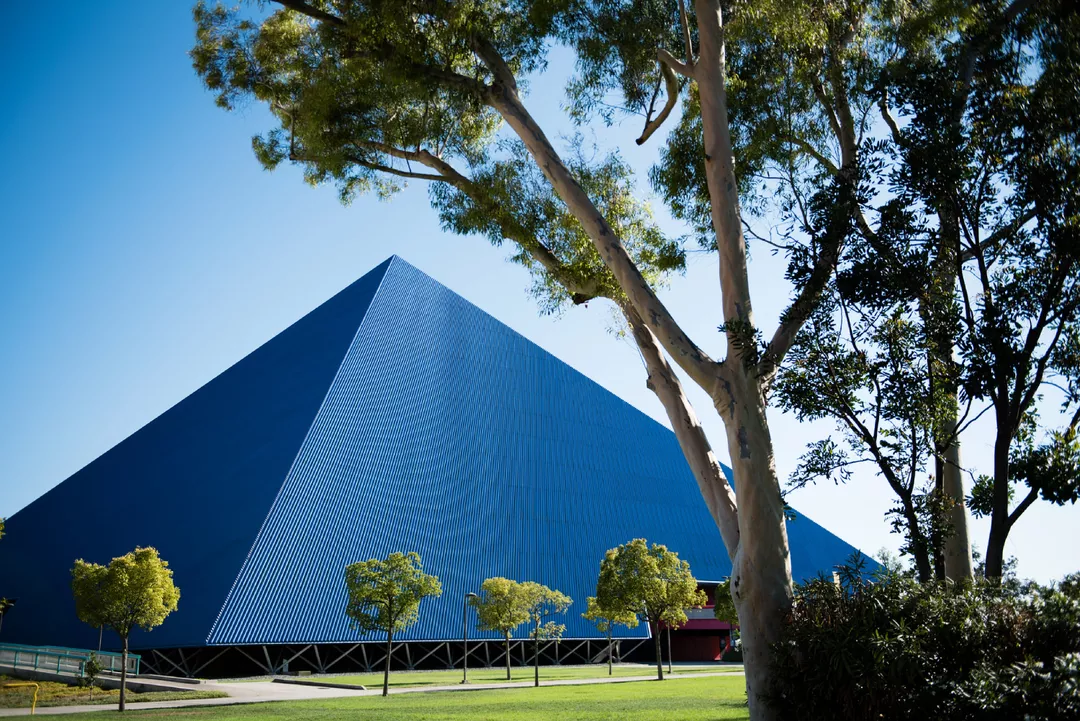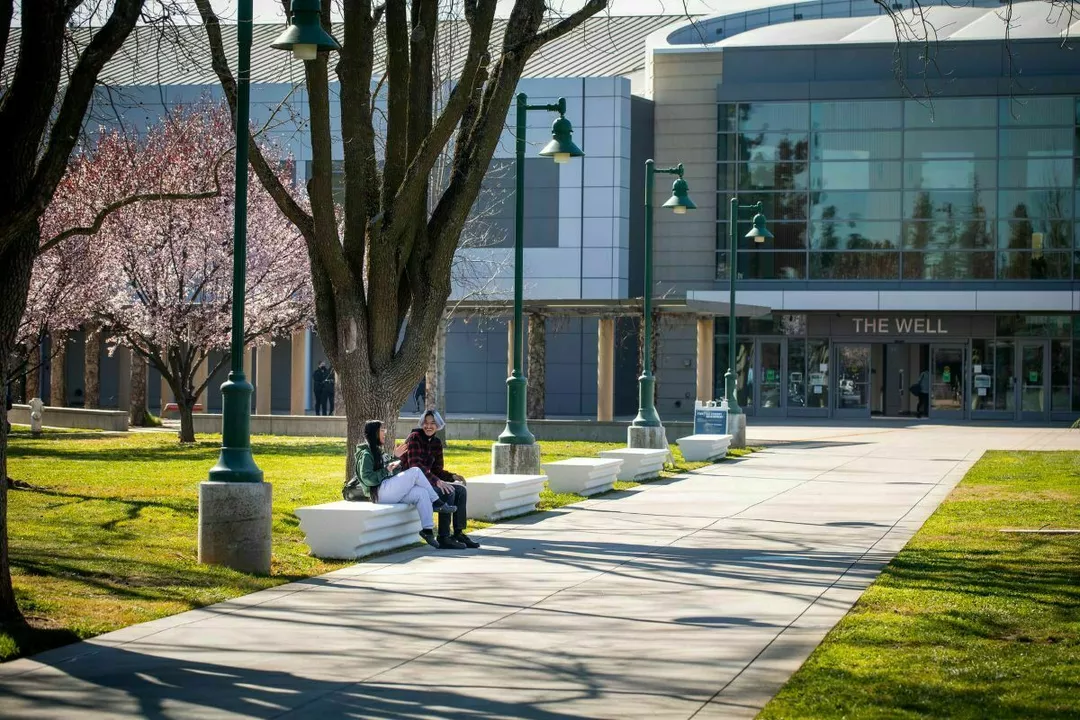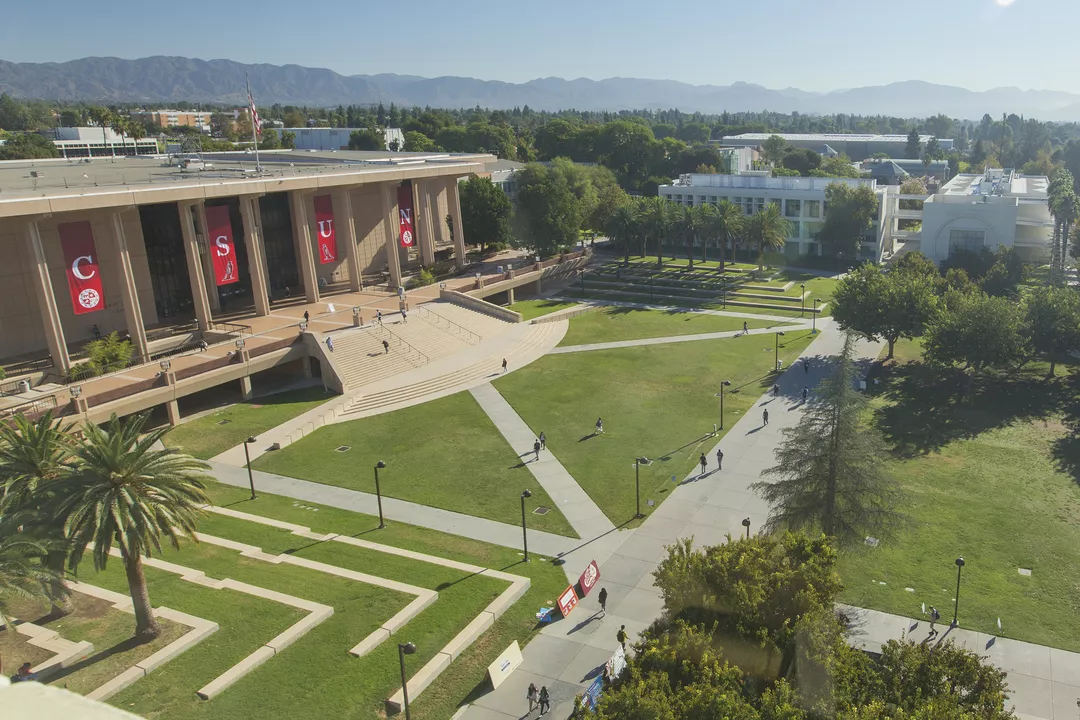-
hello@abroadcube.com
Mail us
-
Call For Help:
98779 83783
-
Whatsapp Us
70090 34921
The Master of Science in Counseling prepares professional counselors for employment in a variety of settings such as public and private agencies, universities and colleges, schools and private practice. This degree meets the educational requirements for becoming a Licensed Marriage and Family Therapist (LMFT) and/or a Licensed Professional Clinical Counselor (LPCC) in the State of California.
The programs are clinically oriented, with didactic and experiential courses, a 100-hour clinical practicum, and 600 hours of field experience. Students are admitted into a cohort and will follow the course sequence designated by their program concentration. The cohort model allows them to advance together throughout their education while building support and connections within their peer group. Students are encouraged to advance their advocacy and professional experiences through such activities as participation in professional organizations, research, and presentations at the state, regional, and national level; involvement in the California State University, Sacramento Multicultural Conference; and/or involvement in the Counselor Education Student Counseling Society. Both leadership and research opportunities are supported through faculty mentorship. The curricular experience is organized around core foundation courses, an intensive on-campus practicum training clinic experience, interpersonal growth experiences, advanced theory and practice courses, and a culminating field study placement.
The Career Counseling Concentration provides students with the knowledge, theory, and skills to work as effective counselors/career development specialists, and consultants in a variety of settings: community-based agencies, schools (K-12), colleges and universities, private practice, business, industry, and government. They are trained to facilitate a holistic career development/career decision-making/planning process with groups and individuals that integrates personal, social, and career needs. Students develop the skills to address current issues in the 21st century, such as career self-reliance, work/family/life balance, multiculturalism, diversity, and lifelong learning.
| Level | Masters |
| Discipline | Professional Studies |
| Duration | 36 months |
| Intakes | Jan, Sep |
| Application Fees | USD 70 |
| Tuition Fees | USD 14304 |
| Campus | Sacramento |
| Language proficiency (minimum) | |
| IELTS | 6.5 |
|---|---|
| TOEFL | 80 |
| PTE | 65 |
| Duolingo | Not Required / Waiver |
| Exam proficiency (minimum) | |
| SAT | Not Required / Waiver |
|---|---|
| ACT | Not Required / Waiver |
| GRE | Not Required / Waiver |
| GMAT | Not Required / Waiver |
Minimum GPA - 77%
QS Quacquarelli Symonds is the world’s leading provider of services, analytics, and insight to the global higher education sector, whose mission is to enable motivated people anywhere in the world to fulfil their potential through educational achievement, international mobility, and career development.
THE (Times Higher Education) has been providing trusted performance data on universities for students and their families, academics, university leaders, governments and industry, since 2004. We create university rankings to assess university performance on the global stage and to provide a resource for readers to understand the different missions and successes of higher education institutions.
The Academic Ranking of World Universities (ARWU) was first published in June 2003 by the Center for World-Class Universities (CWCU), Graduate School of Education (formerly the Institute of Higher Education) of Shanghai Jiao Tong University, China, and updated on an annual basis
The "Webometrics Ranking of World Universities" is an initiative of the Cybermetrics Lab, a research group belonging to the Consejo Superior de Investigaciones Científicas (CSIC), the largest public research body in Spain. CSIC is among the first basic research organizations in Europe. The CSIC consisted in 2006 of 126 centers and institutes distributed throughout Spain.



